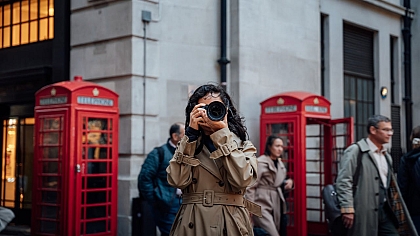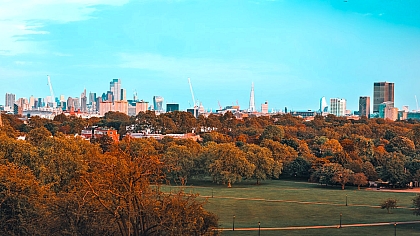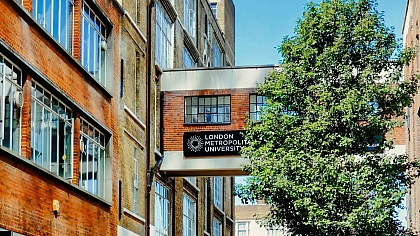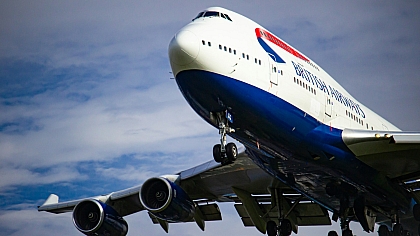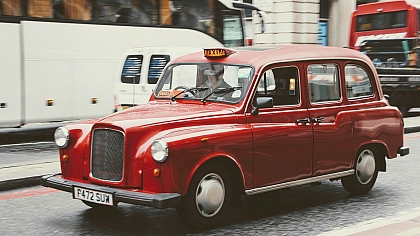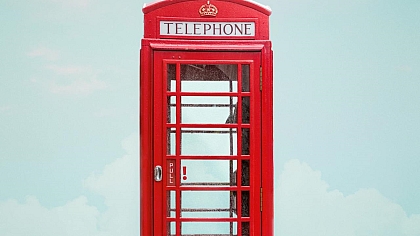
Coronavirus: 10 Ways to Protect Yourself in London
London is a busy hub with people travelling in and out from all over the world, which makes it easier for viruses to quickly spread from one place to another.
Many viruses are spread by droplets, through sneezing and coughing either directly onto people or into your own hands and then touching shared surfaces.
With the number of Coronavirus cases on the rise, hygiene precautions must be taken seriously in order to protect ourselves as well as the people around us, which poses the question; what can you do to stay safe and avoid Coronavirus and other nasty illnesses that spread rapidly in densely populated areas such as London?
Being in close proximity to lots of people in places such as the Tube and coming into contact with surfaces that everyone has been touching can make germs spread even quicker, so we have put together a list of hygiene hints and travel tips to help you decrease the risk of coming into contact with nasty viruses such as Covid-19, a.k.a Coronavirus.
1. Wash your hands often. When not possible use a hand sanitiser gel. You would be surprised how many restaurants have sinks where you can wash your hands before eating. This is especially important when you have been touching shared surfaces where you can easily be exposed to the virus.
2. If purchasing face masks, look for ones that will actually stop the virus from getting in, or more importantly getting out. Sellers are using the Coronavirus outbreak as a means to speed up the sales of normal dust masks which don't offer respiratory protection.
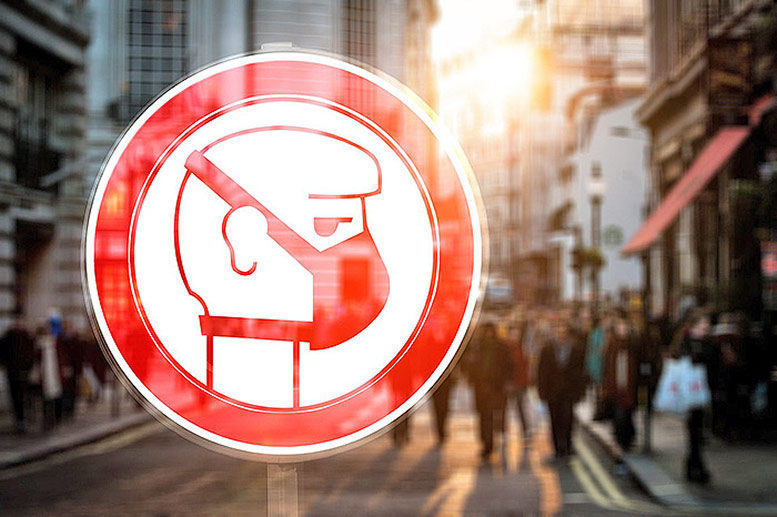
Use a mask to protect others from your own sneezes and coughs when travelling, but be aware of how to use it effectively and how to dispose of it. A mask itself would become a source of contamination if it has been used and you touch it then eat food or even touch your eyes.
3. When commuting, be aware of hotspots for germs on buses, trains, planes and also in stations and airports. Bacteria spread through droplets thrive in heavy traffic areas with shared surfaces such as the London Underground.
Always wash your hands when you reach home and before you prepare or eat food. Shared surfaces you may have touched outside include ticket machines, stairs and escalator handrails, tube poles, seats and handles. The same goes for staying in hotel rooms where people have been staying before you.
The main infection points in airports include the luggage trays, luggage hold areas with conveyor belts, anything with a touch screen or buttons and fingerprint scanners.
4. Travel in off-peak times to avoid crowded areas if at all possible. Walking or cycling are other healthy alternatives to using public transport. This would count towards a regular exercise routine which can reduce your risk of heart and vascular diseases, which are a bigger threat than Coronavirus.
5. Don’t bite your nails or even touch your face while out and about. Bacteria can even get in through your eyes as they are mucous membranes like your lips and inside your mouth and nose.
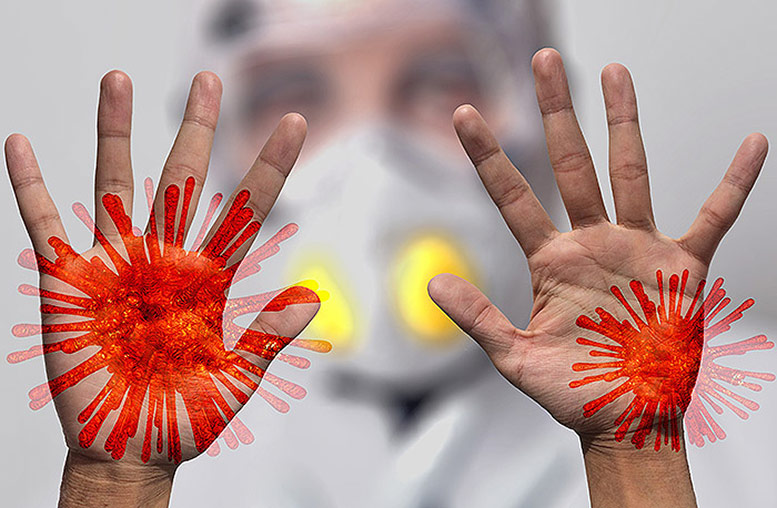
6. In the fight against cross-contamination, we can't stress enough how important it is to maintain a high level of personal hygiene. It is extremely important to wash your hands after going to the toilet. When using public toilets, always wash your hands and use a tissue to open the door to exit, or use your foot if the door opens outwards.
7. Use proper coughing etiquette and try to keep a distance from people when you have to cough outside, keep your mouth covered and then wash or sanitise your hands afterwards.
Also avoid touching your nose, to help with this, when you get a wash before going out, clean your nose with water and blow it to reduce the need to have to clean it once you are outside with reduced access to handwashing facilities.
8. When taking a London taxi, sit behind the driver to decrease the risk of being exposed to their coughing or sneezing. While taking a taxi doesn't pose much of a threat compared to travelling on other forms of public transport, security experts recommend sitting at the back for a few safety reasons.
9. If you are planning to take a flight in or out of London, be aware that droplets from an infected fellow passenger or member of the cabin crew are riskier than the recycled cabin air, which people often assume is the main cause of infection spreading in the confined space of the plane.
10. If you feel any of the symptoms of a virus that could be Covid-19, self isolate yourself at home and call the NHS 111 hotline for further advice.
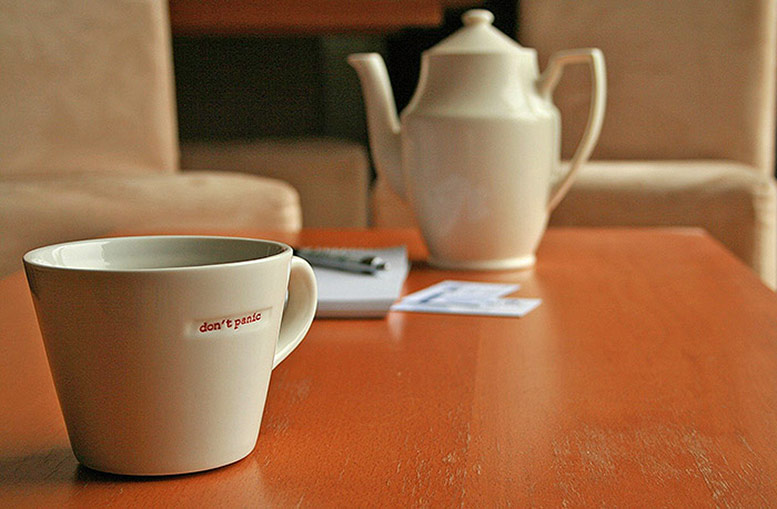
If you do have the symptoms of a virus or simply feel poorly, there’s really no need to stress over a common cold, the first thing to do is to stay calm and don’t panic, instead here are some things you can do to boost your immune system:
Drink honey and lemon juice in hot water – forget all those flu relieving drinks purchased at the supermarket, most of them have unwanted additives and sweeteners that are detrimental to health, which can make the problem worse. Boiled water with a squeeze of lemon and a spoon of honey is a natural way to boost the immune system as honey has many health benefits. It tastes great too.
Eat raw manuka honey – one of the best types of honey available, manuka honey is recommended by doctors and the list of health benefits is immense.
Homemade chicken broth – simply saute some chicken (on the bone) in a knob of butter, and then cook in plenty of water with a bit of salt for a traditional remedy that boosts the immune system.
Green leafy vegetables – Vegetables help boost the immune system and contain many vital vitamins. There are so many dishes that could be made a lot healthier just by adding some veg.
Above is some useful health advice on how to keep safe and reduce the risk of catching a potentially deadly virus; although the contents of this post are related to the Coronavirus outbreak, the tips provided help prevent all sorts of unwanted nasty germs that could lead to disease.
